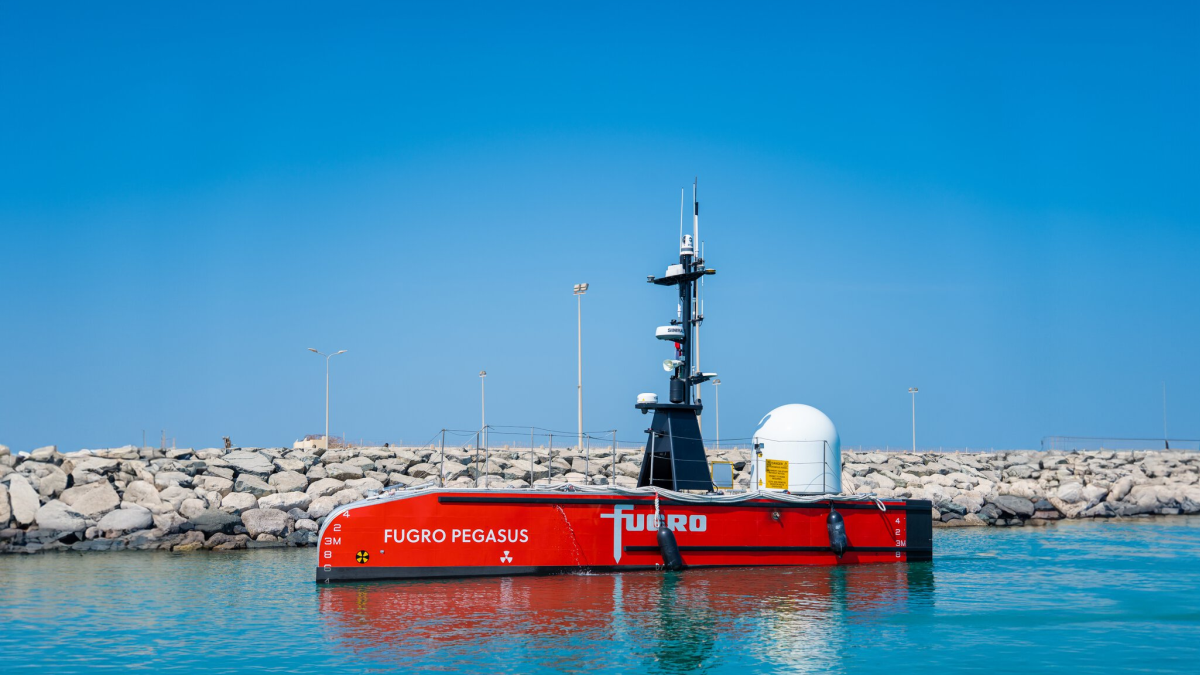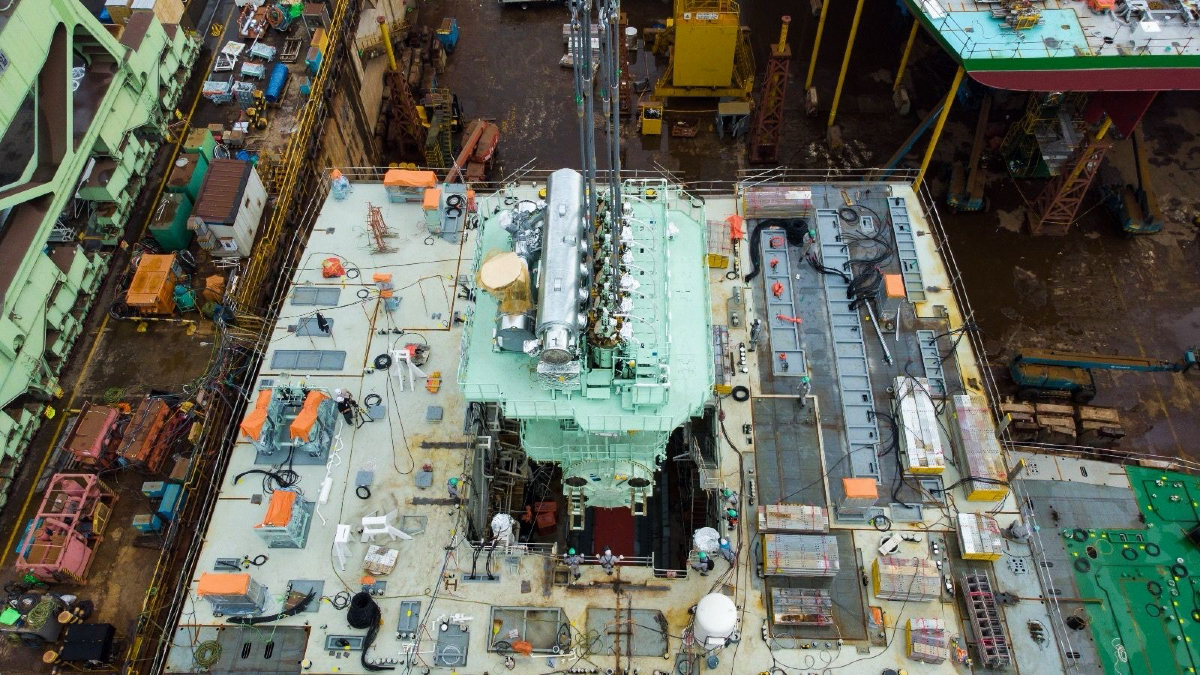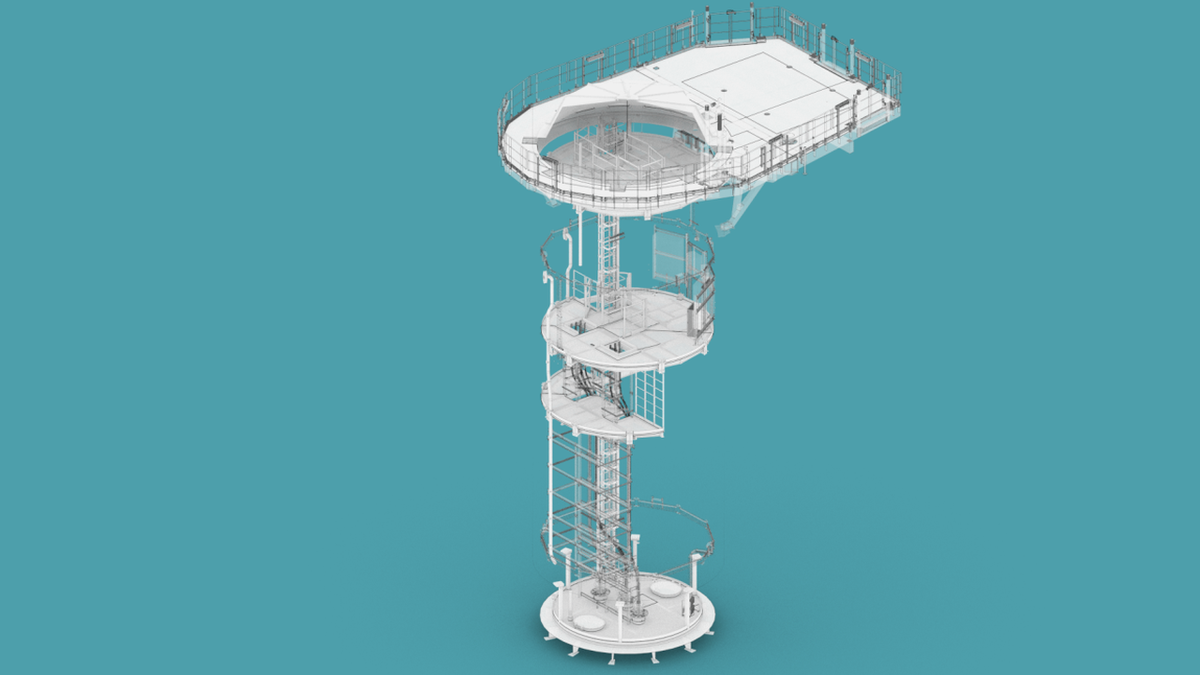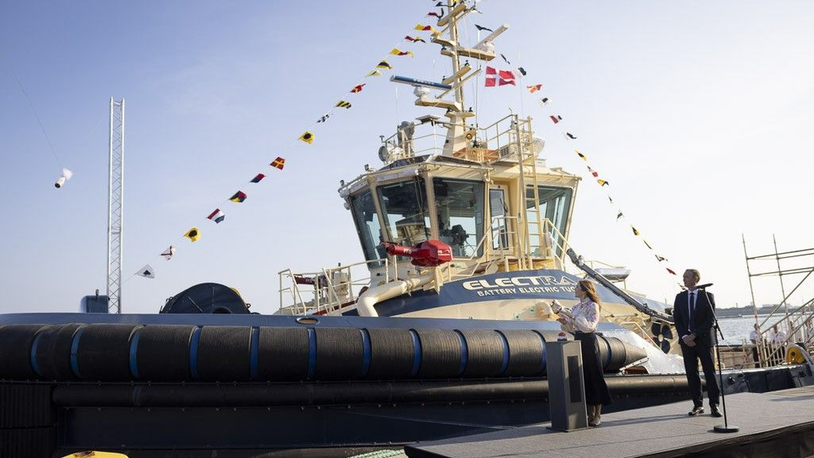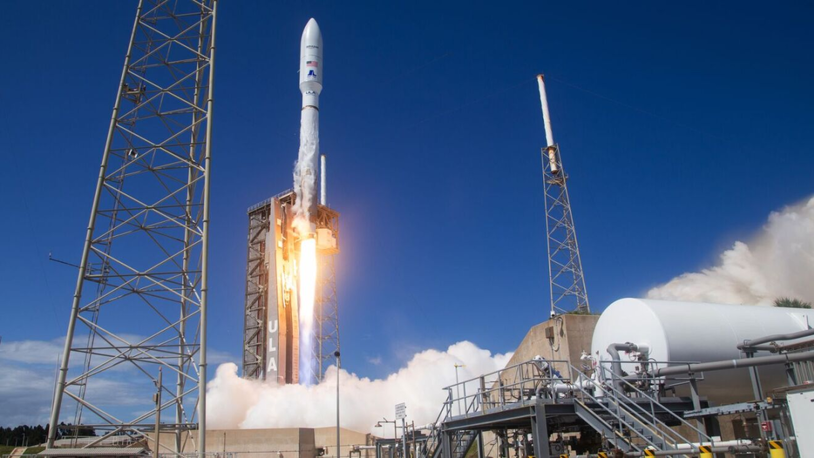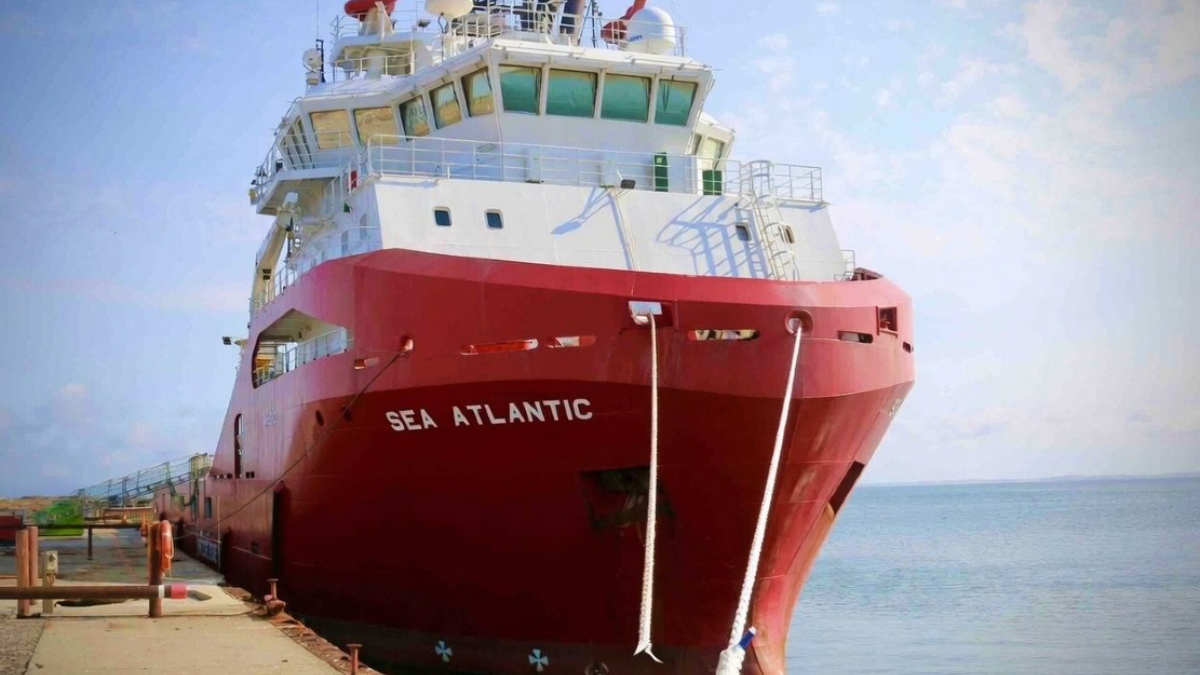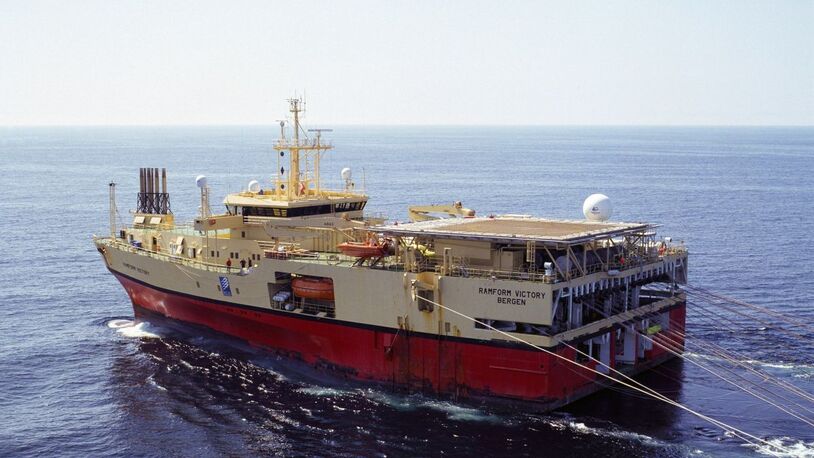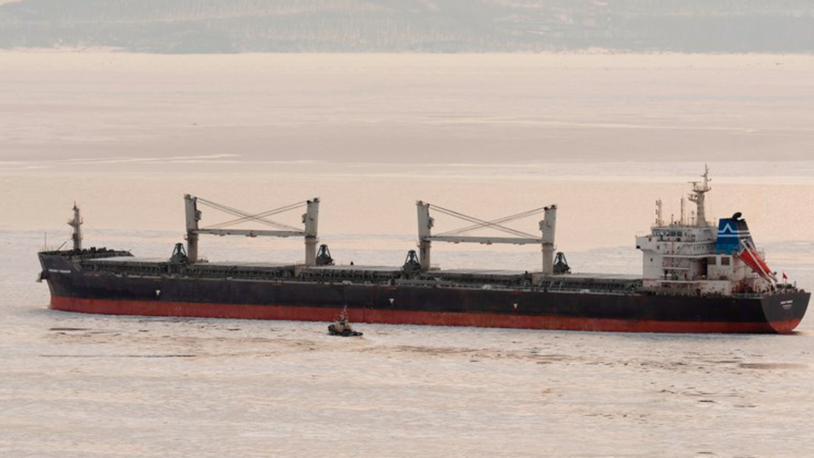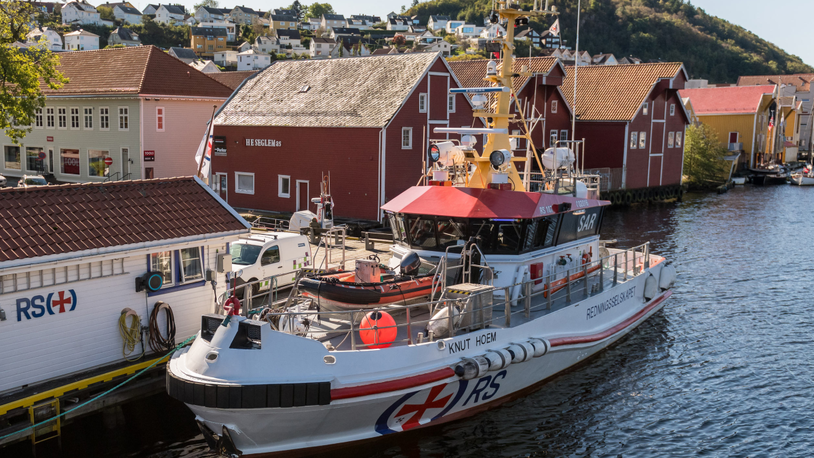Business Sectors
Events
Floating energy: successfully unlocking stranded gas using FLNGs and FSRUs
Contents
Register to read more articles.
Autonomy and artificial intelligence: the digital pair reshaping offshore operations
Offshore support vessel owners are reaping financial rewards from the sector’s shift to unmanned vessels and an artificial intelligence-led technological revolution
Fugro is developing autonomous vessels for marine and offshore surveys and is using AI for data processing and administration.
"Autonomous shipping is an integral part of our business," said Fugro fleet development manager Peter Toxopeüs. "We use autonomous vessels as small assets, floating devices for offshore marine surveys."
Using autonomous vessels reduces the cost of seabed surveys for cable laying, offshore windfarms and pipelines. Fugro can operate much smaller vessels, without any facilities for crew, than manned survey vessels, which also vastly reduces fuel use and storage.
"Consumption has gone from tonnes to litres," said Mr Toxopeüs. "We invest in autonomous vessels as it is integral to the business."
AI in action offshore
Fugro is also using AI to support navigation and speed up its marine operations. "AI is an enabler for our work," said Mr Toxopeüs at the International Marine Contractors Association’s global summit at Utrecht, the Netherlands. "AI eases the burden of data processing and analysis. It helps us to be more efficient and more effective."
A concern about implementing AI is it would remove work from personnel, enabling companies to reduce their workforce. However, Mr Toxopeüs thinks applying AI effectively could generate new career opportunities for personnel.
DEME group sustainability director Jiska Verhulst agrees there are positive benefits from adopting AI for data analytics to improve business and onboard operations.
"We believe in AI and we want to find the applications in data collection and analysis," she said. "AI will help with faster data collection and information extraction."
IMCA president Luca Gentili said the association is working to become more connected and to use AI to write its documents in different languages for various nationalities.
At the summit, SMD introduced the Horizon remote pilot station, video displays and subsea vessel command solutions.
The remote pilot station includes a command chair and workstation for remotely navigating a surface vessel or remotely operated vehicle using connectivity over low Earth orbit satellites or 4G and LTE networks.
Zelim’s unmanned seafarer recovery vessels were also revealed at the summit. Its Guardian remotely operated fast rescue craft has a Swift person recovery conveyor and Zoe intelligent detect, track software.
This Lloyd’s Register type-approved software, developed in partnership with US Coast Guard, uses AI to identify people overboard in the sea and alerts emergency responders. It tracks the person using cameras through to rescue.
The Guardian remotely operated fast rescue craft is deployed as an emergency response vessel - removing the need for personnel to pilot the vessel in high sea states. It has a built-in swift man-overboard module and has been tested in marine conditions. Once the person is close to the vessel it will autonomously recover them.
Riviera’s Offshore Support Journal Conference, Middle East will be held in Dubai, UAE, 11 December 2024. Click here for more information on this industry-leading event.
Related to this Story
Events
Maritime Regulations Webinar Week
Floating energy: successfully unlocking stranded gas using FLNGs and FSRUs
© 2024 Riviera Maritime Media Ltd.


